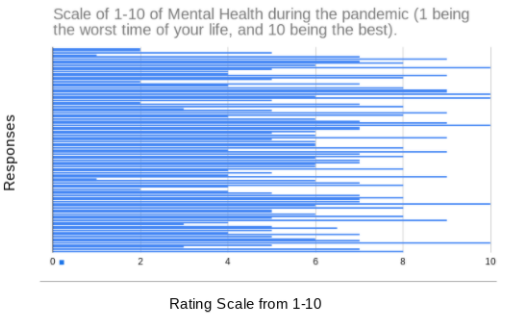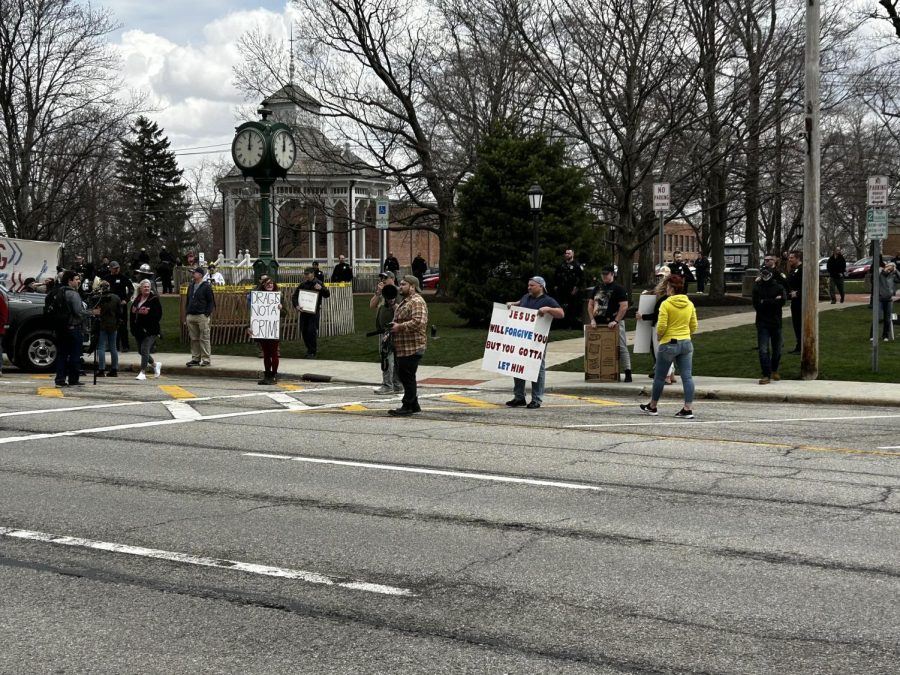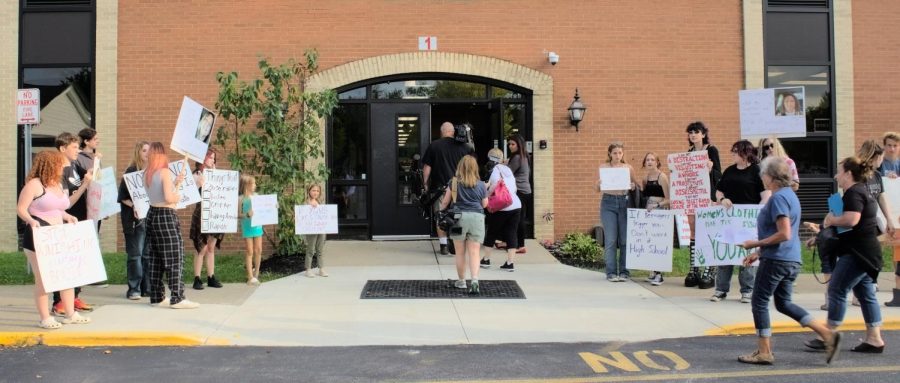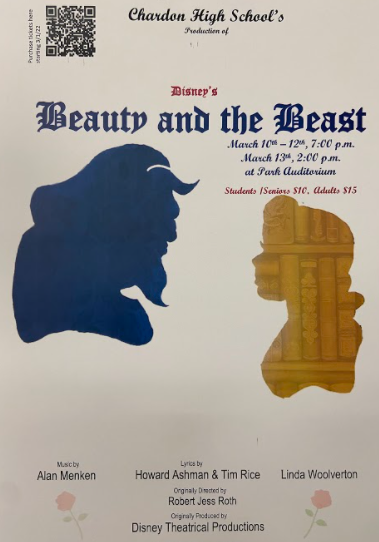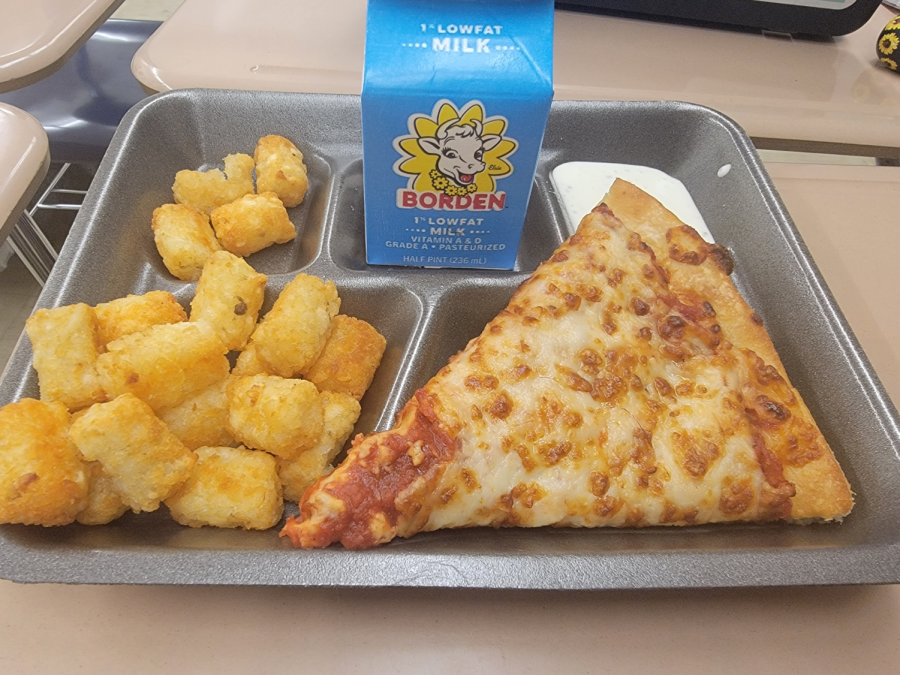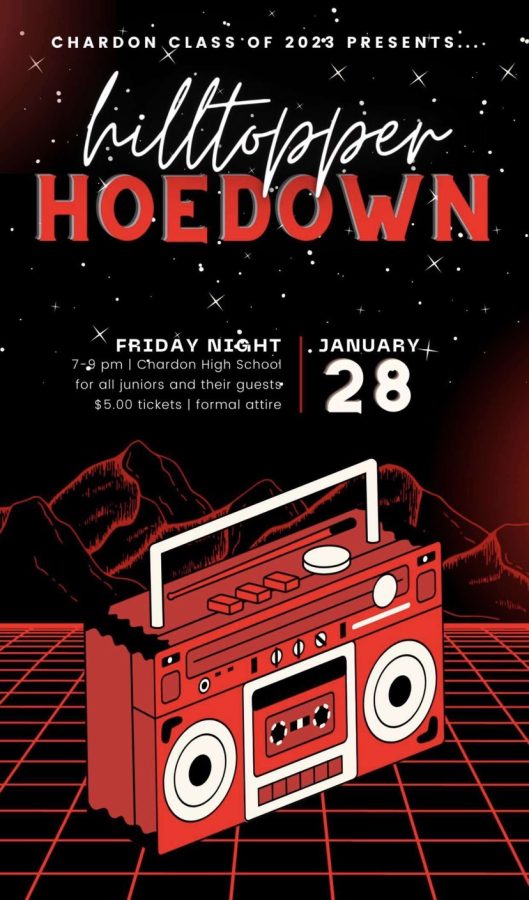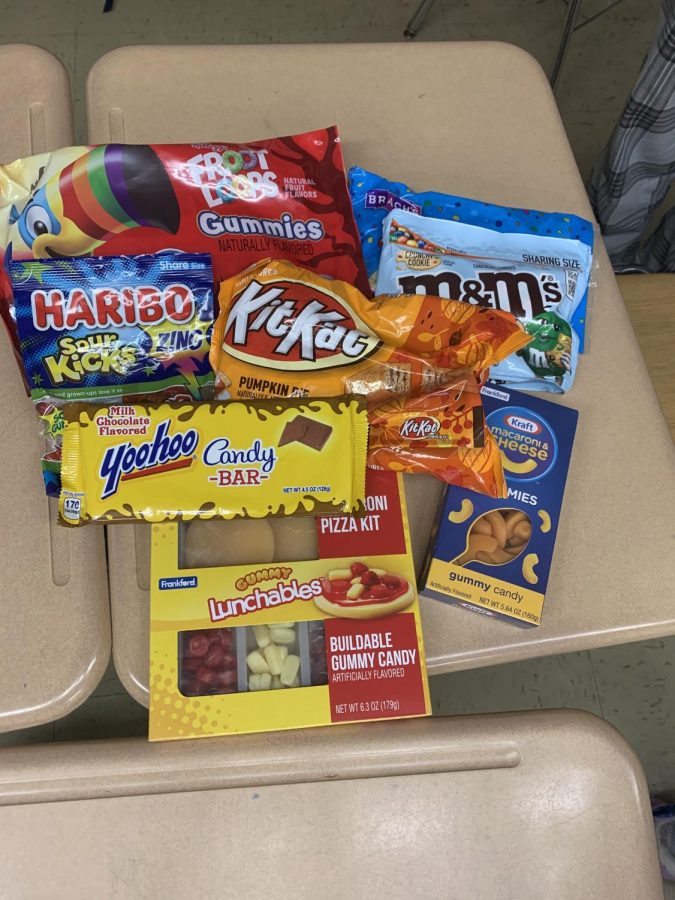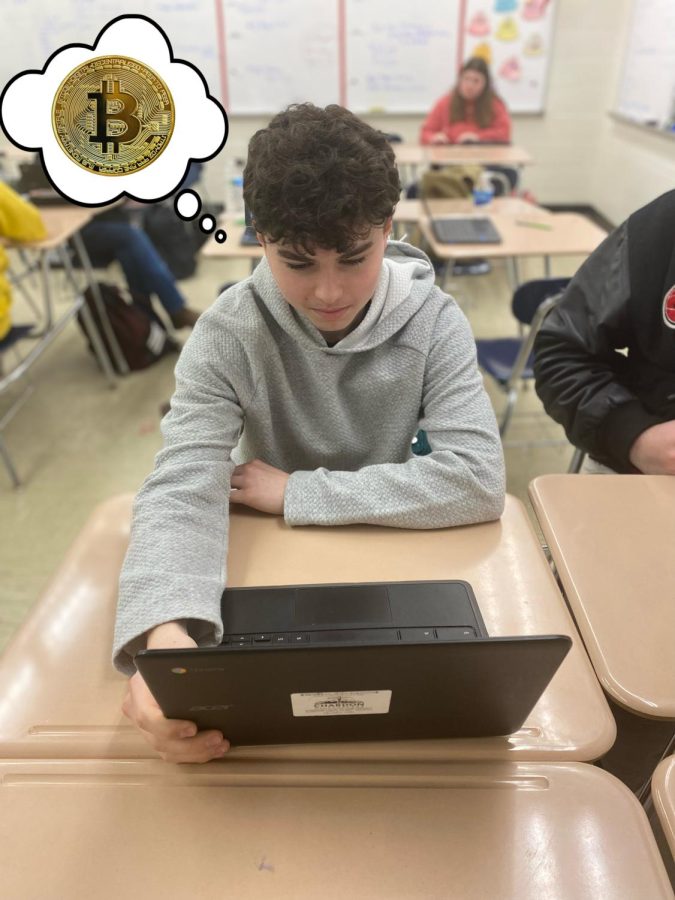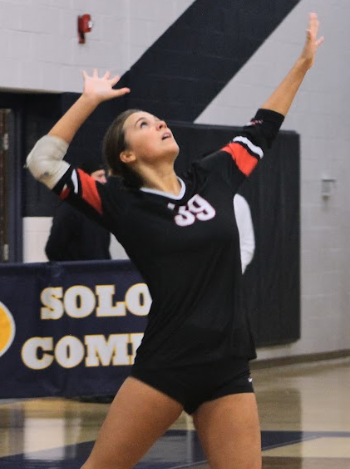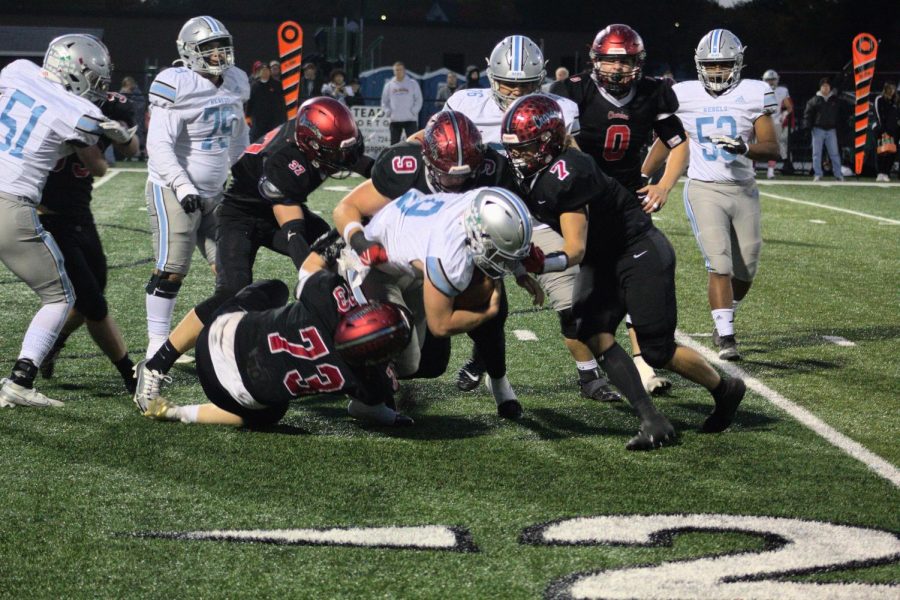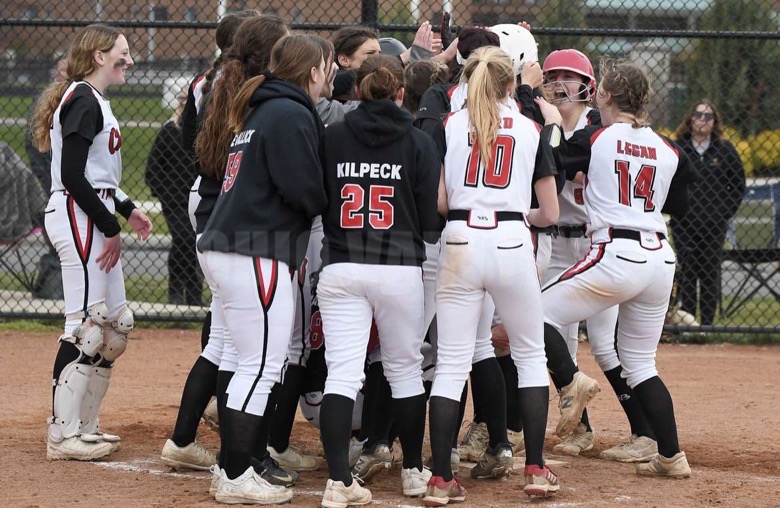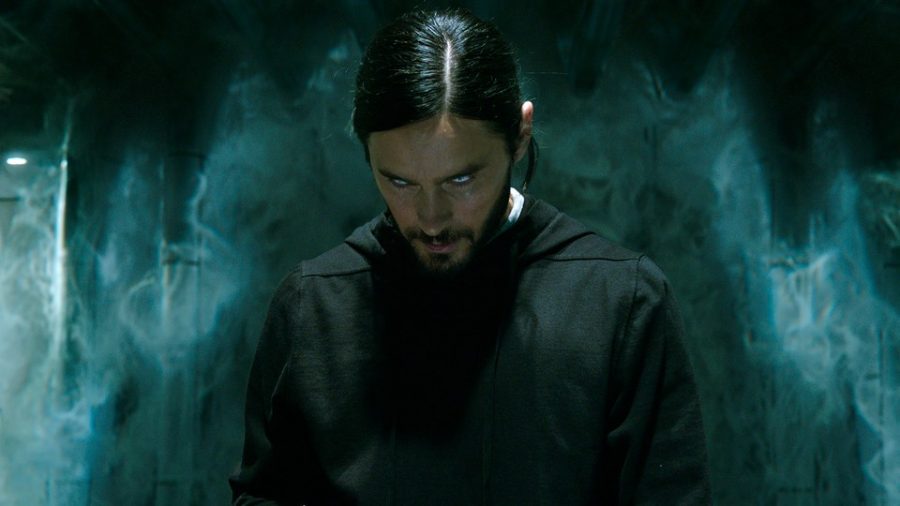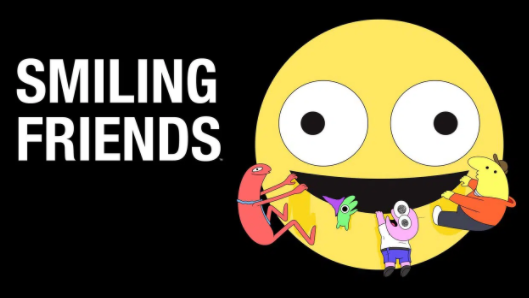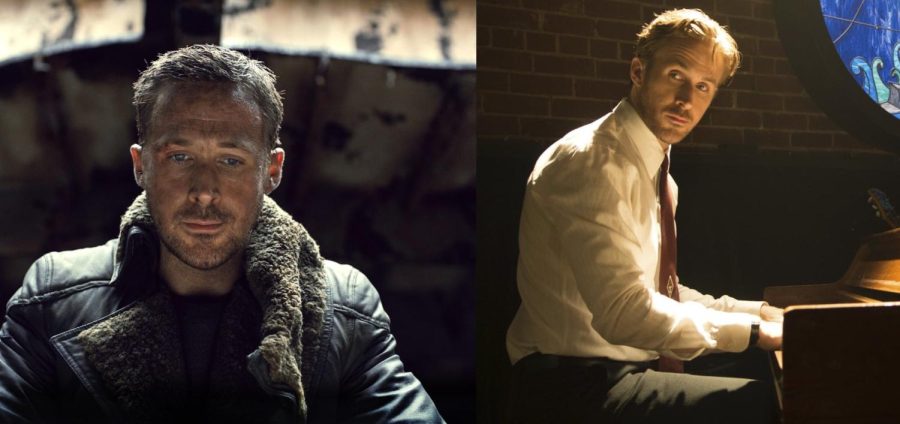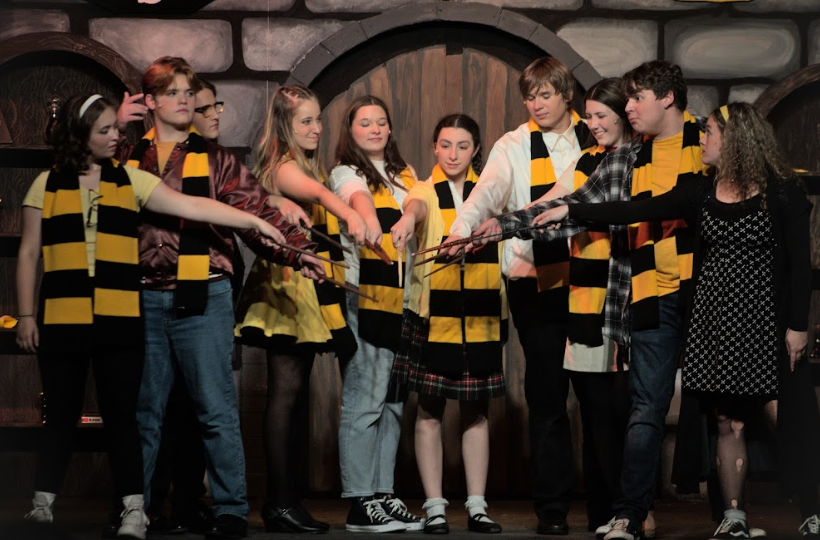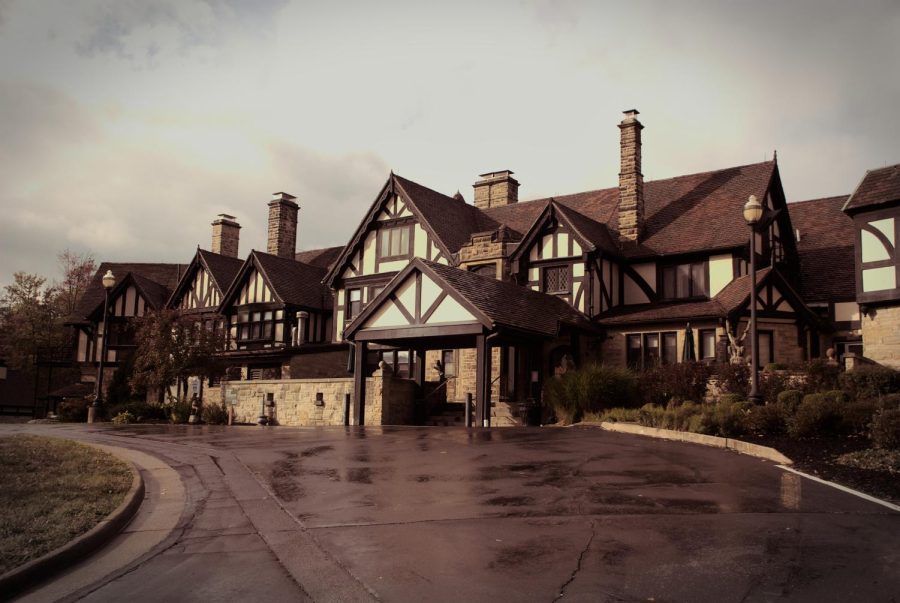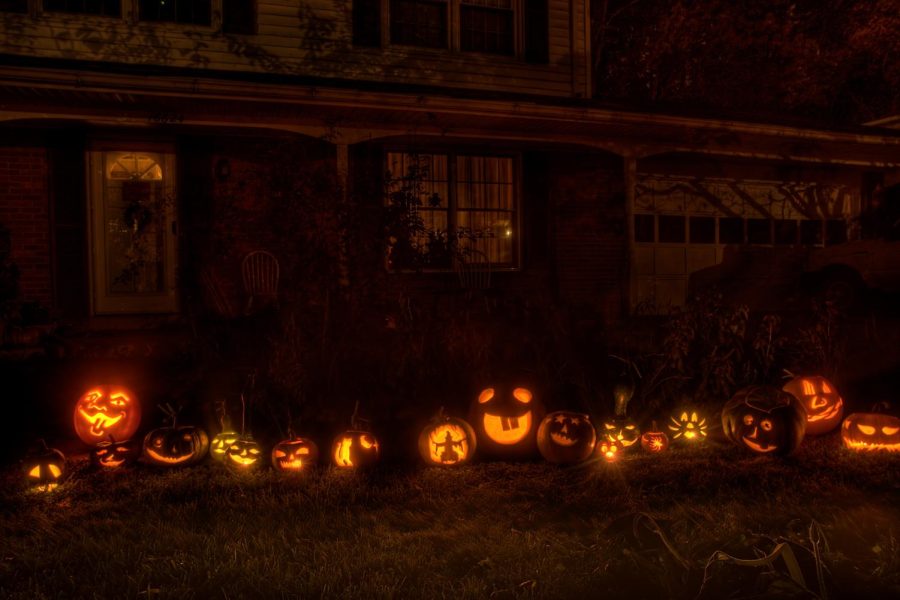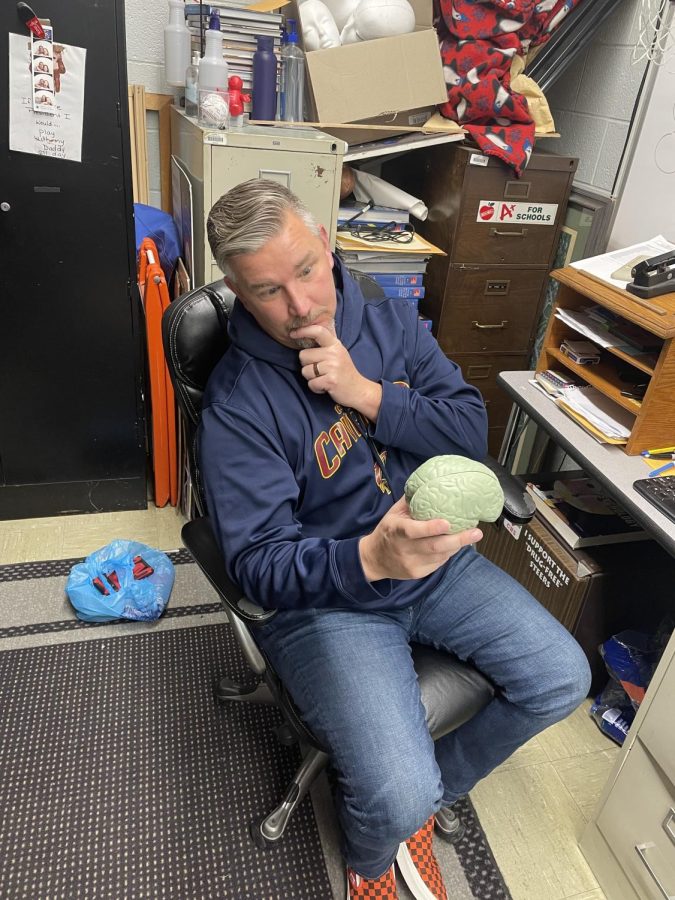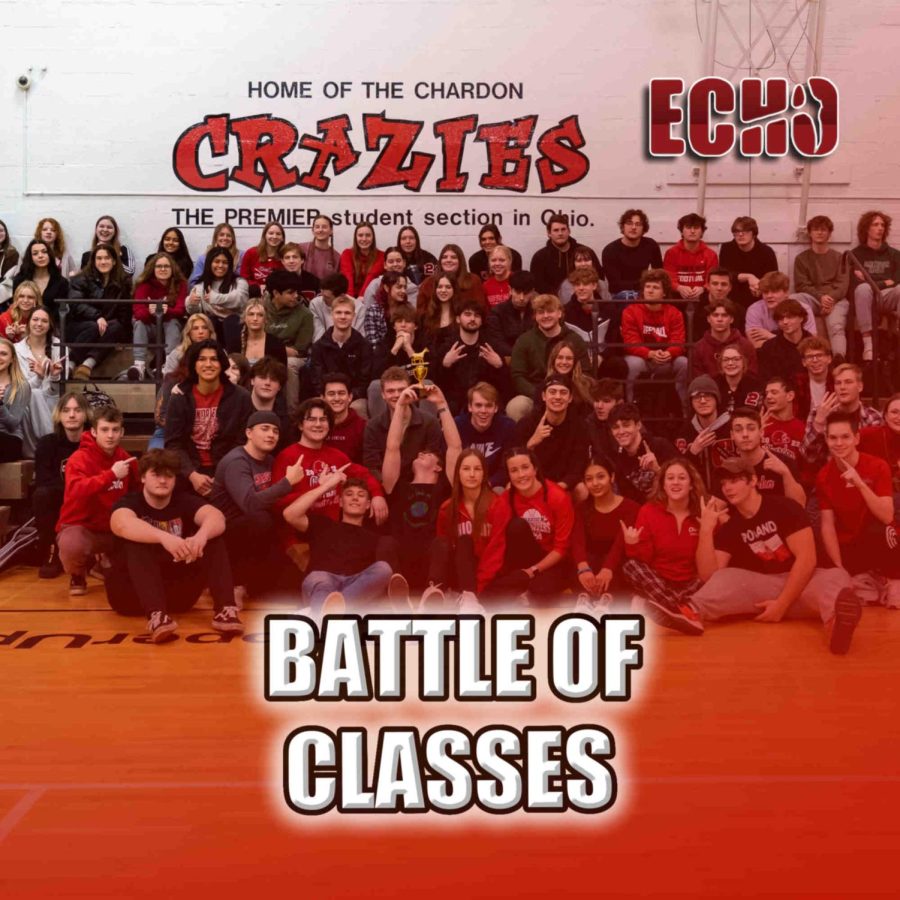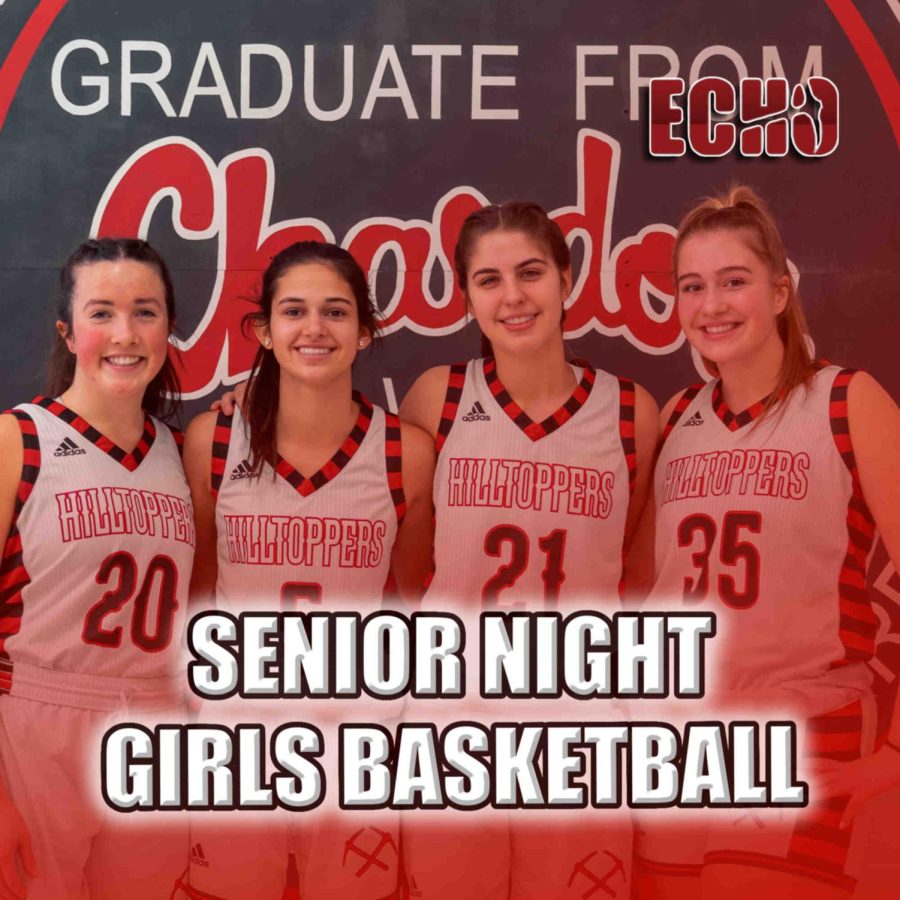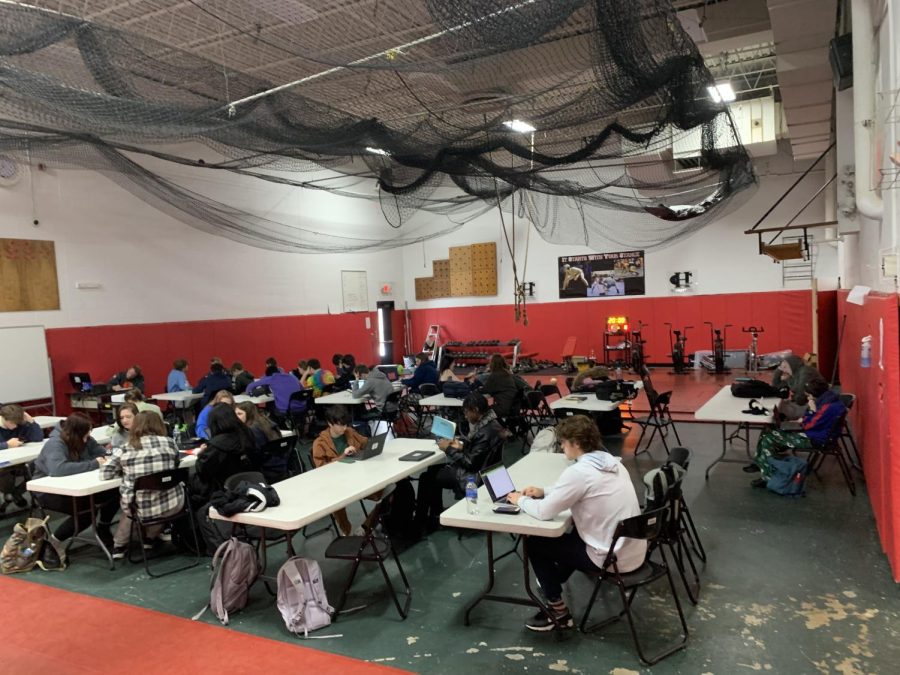Echo Asks: Janelle Stuart on Mental Health
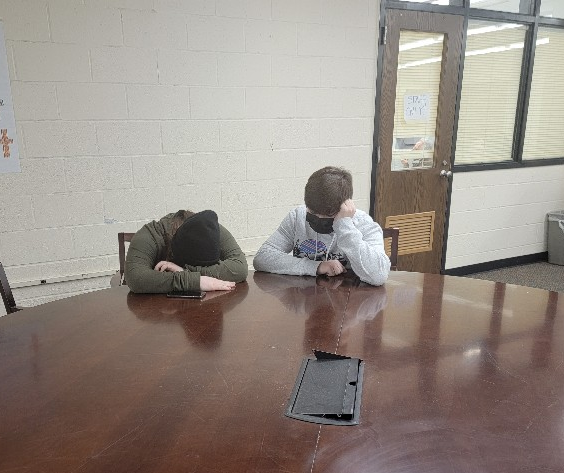
November 30, 2021
You’re sitting at home gazing into a Google Meet for hours at a time; you’re taking a midterm that has material you barely know, stressing about how you’re going to pass. Covid was an emergency like no other that affected everyone, including students, whether it be mentally, or physically. Janelle Stuart, one of the middle school counselors was interviewed on the students’ mental health during the pandemic.
Q: Do you feel like Covid affected the student body’s mental health positively or negatively?
A: Covid-19 and the resulting pandemic shutdown had a negative impact on the mental health of students. It was a traumatic event that turned life as we’ve known it upside down. The effects of which we are still seeing post-shutdown.
Q: Do you think that mental health days should be an actual thing within the district that students could use when needed? If you could set that up, how would you?
A: I am interested in the conversation about mental health days, but I’m not sure exactly how that would be set up. I’m interested in the conversation about mental health days, but I’m not sure exactly how that would be set up.
Q: What were some things you feel that the district could have done differently over Covid, good or bad?
A: The district did the best it could under the most trying, and unimaginable circumstances. The district had the best intentions with the safety of students always at the forefront of every decision. I could not imagine being in a decision-making role with the issues that our district leaders have had to face.
Q: What is your opinion on virtual as a whole?
A: the virtual learning model that resulted from the shutdown was the only choice we had at the time. When families were given the option to send their children back to in-person school or engage in the remote option, I know their decisions were not made lightly. I am thankful that we were able to provide both options to families and I am proud of our flexible, creative teachers who rose to the virtual teaching challenges.
Q: Now that there is no virtual option for the students, do you feel like the student body is in higher spirits?
A: The student body appears to be happy to be back all together in school.
Q: Were there any restrictions of Covid that were not desirable to the mental health of students, such as shields, masks, or socially distanced lunchrooms? How would you have fixed them?
A: There was a sense of social disconnect that came with the necessary procedures that allowed for in-person learning to resume. Understandably with masks, shields, and social distancing, communication (verbal, nonverbal, etc.) became more difficult. Despite this, students were and continue to be extremely resilient and flexible. Unfortunately, it was not a situation that could be “fixed.”
Q: What inspired you to become a student counselor? If you could change your position for any other one in the district, what would it be and why?
A: My high school counselor inspired me to become a school counselor because of how he supported me and positively impacted my life. I have respect for all of the other positions in the district, but I would definitely remain a school counselor!
Q: How was the teacher’s side of Covid, what were some good and bad things? How do you think this could have been dealt with, if at all possible in the first place?
A: I worked closely with teachers but I cannot speak for their “side of Covid.” I was and am continually amazed by their strength, perseverance, creativity, dedication, and determination throughout the shutdown and post-shutdown. They worked and continue to work tirelessly and their efforts far exceed the traditional school day. I know for myself personally, I craved the in-person interaction and socialization that in-person school entails. While I attended virtual meetings and was in contact with colleagues and students, there was still lingering loneliness sitting behind my Chromebook.
Q: There’s a saying that goes ‘There’s always something good that comes out of a bad thing’. Do you think this is the case for Covid, why or why not?
A: Now more than ever we are seeing mental health being prioritized and destigmatized due to the lasting effects of the pandemic on our youth.
Q: If you could change one thing about last year, what would it be?
A: Thinking back to last year, there are many things I wish I could have changed. The hardship and pain the pandemic put many people through…it was an uncertain and stressful time for everyone. If I could have changed anything, it would be how divisive and negative things got at times. We really needed to choose to uplift and support one another – in spite of our differences. Many of us tried to do just that…it reminds me of the Fred Rogers quote, “When I was a boy and I would see scary things in the news my mother would say to me, ‘Look for the helpers. You will always find people who are helping.'” I am an optimist by nature and continue to be hopeful that we can choose love and respect over hate – especially during difficult times.
A google form was spread throughout Chardon Highschool asking students how their mental health was during Covid. It asked students how their mental health was on a scale of 1-10 with 1 being the worst time in your life, and 10 being the best you could ever be. The first 99 responses were compressed into a graph. There were a lot of mixed responses, but a large number of them were and/or above 5. 